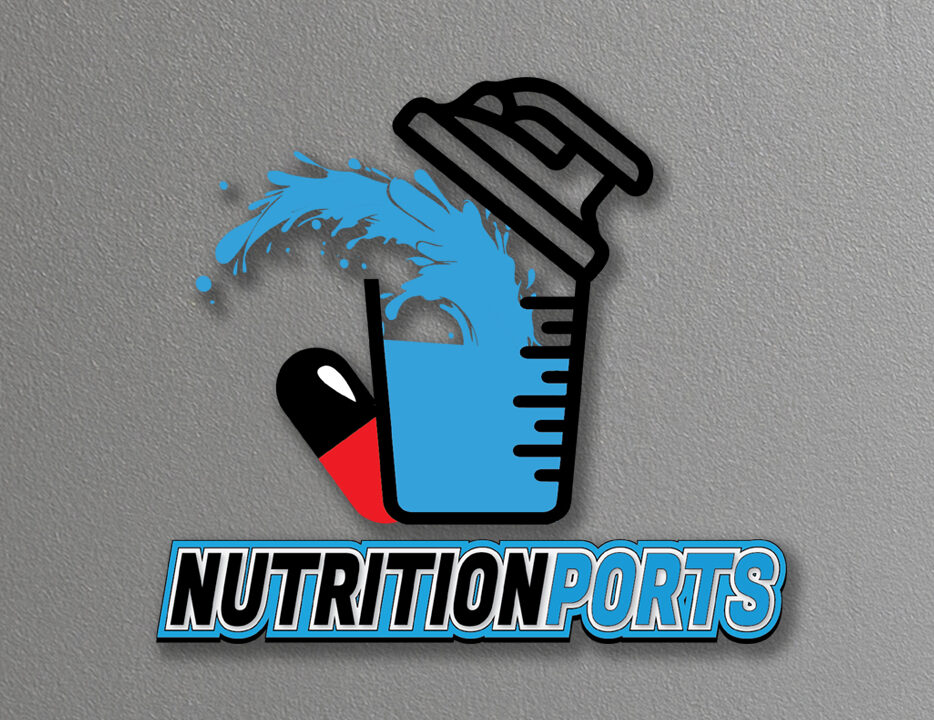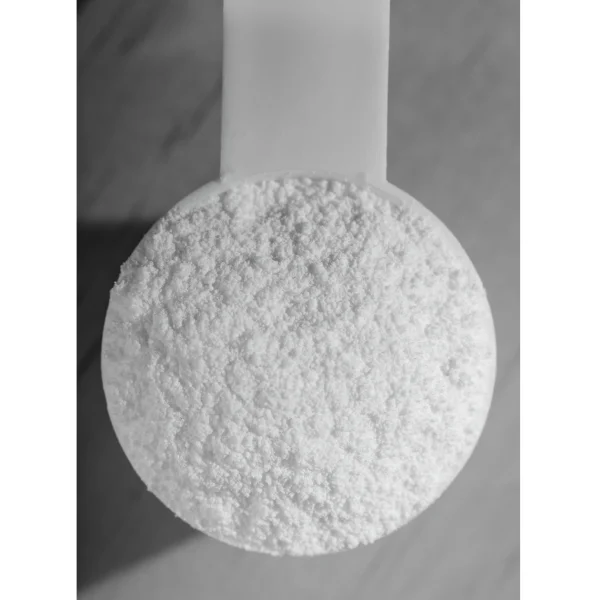Hemp protein vs Whey is more than just plant vs dairy—it’s about what truly fits your goals, your body, and your lifestyle. In this guide, we break down the real differences, key benefits, and help you understand which type of protein supports your journey best—whether it’s building muscle, recovering faster, or eating cleaner.
We’ve also focused on matching the right products to the right kind of person, because no two bodies or routines are the same. Further down, you’ll find a curated list of premium, lab-tested proteins we genuinely trust—because when quality matters, the details make all the difference.

Table of Contents
What Is Hemp Protein?
You know that moment when you’re browsing supplements, searching for the next big nutritional win, and suddenly stumble upon something you wish you’d discovered sooner? That’s hemp protein. Derived straight from nature, hemp protein isn’t your average plant-based supplement—it’s a nutritional powerhouse packed into tiny hemp seeds.
What makes it truly stand out is its impressive hemp seed protein content, which naturally ranges from 25-35%. That means every spoonful is loaded not just with protein, but also with essential fatty acids and minerals your body genuinely needs.
Simply put, hemp protein is nature’s way of giving your nutrition an upgrade you didn’t even know you were missing.
How To Take Hemp Protein Powder?
Let’s get straight to the point—learning exactly how to take hemp protein can elevate your wellness journey from good to exceptional. You’re here because you’ve wondered, “hemp protein, is it good for you?“—and let me tell you, the benefits are undeniable once you know how to consume hemp powder correctly.
Sure, blending it into a delicious hemp smoothie or a creamy hemp heart smoothie is one easy (and tasty) approach. But that’s not your only option. Try mixing hemp powder into your oatmeal, sprinkling it onto yogurt, or even baking it into protein-packed pancakes. The beauty here is versatility—you’re never limited, and hemp protein easily fits into your busy lifestyle.
When you start taking hemp protein powder the right way, it doesn’t just become another supplement—it becomes a habit you’ll genuinely love.
The Benefits of Hemp Protein
When it comes to nutrition, you deserve results—not hype. That’s exactly why understanding the benefits of hemp protein matters. With a natural hemp seed protein content as high as 35%, it’s a powerful, plant-based protein choice designed for real-life performance.
Just think about it: hemp seeds protein 1tbsp alone gives you roughly 3 grams of pure, complete protein, loaded with essential fatty acids and fiber. And if you’re looking at the big picture, hemp seeds nutritional value 100g packs an impressive 30 grams of protein, alongside vital minerals like magnesium and iron.
The true benefit of hemp powder isn’t just about protein—it’s about transforming your daily nutrition into something effortlessly powerful and genuinely healthy.
- Complete, plant-based protein source
- Packed with essential omega-3 & omega-6 fatty acids
- Naturally high in dietary fiber
- Contains key minerals like magnesium and iron
- Easily digestible and gentle on your stomach
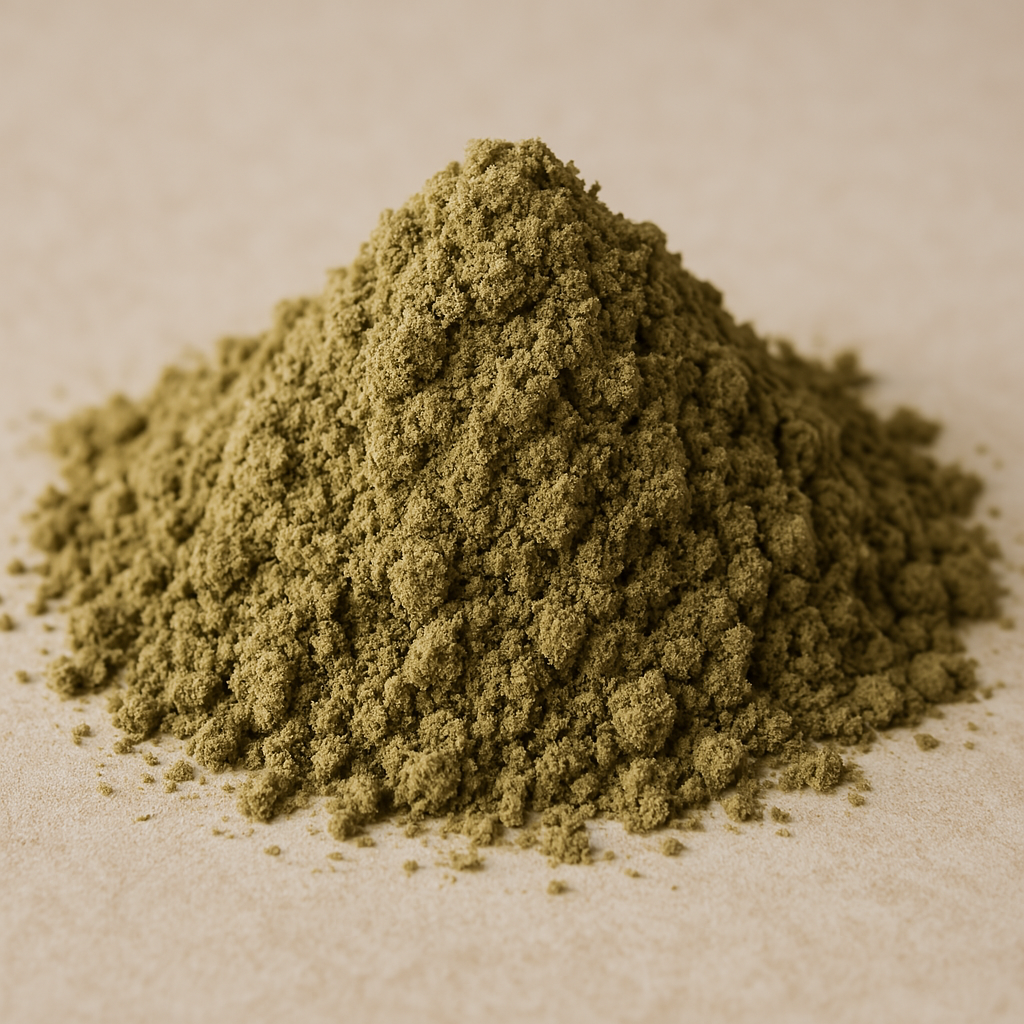
What Is Whey Protein?
Let’s set something straight: If you’re serious about building muscle, you’ve undoubtedly come across bodybuilding whey protein—and for good reason. Whey protein isn’t just another trendy supplement; it’s a rapidly absorbing, high-quality protein derived from milk, perfectly designed to fuel your muscles right when they need it most.
When you’re pushing your body hard in the gym, bodybuilding whey protein becomes your best ally—delivering essential amino acids, speeding up recovery, and supercharging muscle growth. Simply put, it’s not just a supplement; it’s a staple for anyone committed to serious results.
How To Take Whey Protein?
Here’s the thing—knowing how to use whey protein correctly isn’t optional if you’re serious about results. First, let’s tackle exactly how much protein in whey protein you’re getting. Typically, a single scoop contains about 20–25 grams of high-quality protein, exactly what your muscles crave post-workout.
Wondering how much whey protein per day you actually need? For optimal muscle growth, aim for 1–2 scoops daily, depending on your goals and activity level. A foolproof strategy is one scoop immediately after training and, if necessary, another at breakfast or as a snack.
Mastering how to use whey protein effectively means fueling your body at precisely the right times, making it easier to hit your fitness goals and achieve that lean, strong physique you’re chasing.
The Benefits Of Whey Protein Powder
Whey protein isn’t just another supplement; it’s your secret weapon for real, noticeable results. If you’ve been wondering about the benefits of whey protein, let me break it down for you clearly.
One of the most powerful benefits of taking protein shakes, specifically whey protein, is their ability to accelerate muscle recovery. Imagine spending hours at the gym and then shortchanging your gains just because your body doesn’t get the nutrients it needs—whey protein prevents exactly that. Plus, it boosts lean muscle growth, curbs hunger, and conveniently fits your busy schedule.
But let’s also be real about whey protein cons and pros. Yes, whey protein is incredibly effective—quick to ydigest, packed with essential amino acids, and scientifically proven to support muscle development. Yet, it’s not perfect. Too much whey protein can sometimes cause digestive discomfort, especially if you’re sensitive to dairy products.
- Rapid muscle recovery support
- High bioavailability for maximum absorption
- Naturally rich in BCAAs (branched-chain amino acids)
- Helps reduce appetite and support fat loss
- Convenient, on-the-go complete protein source
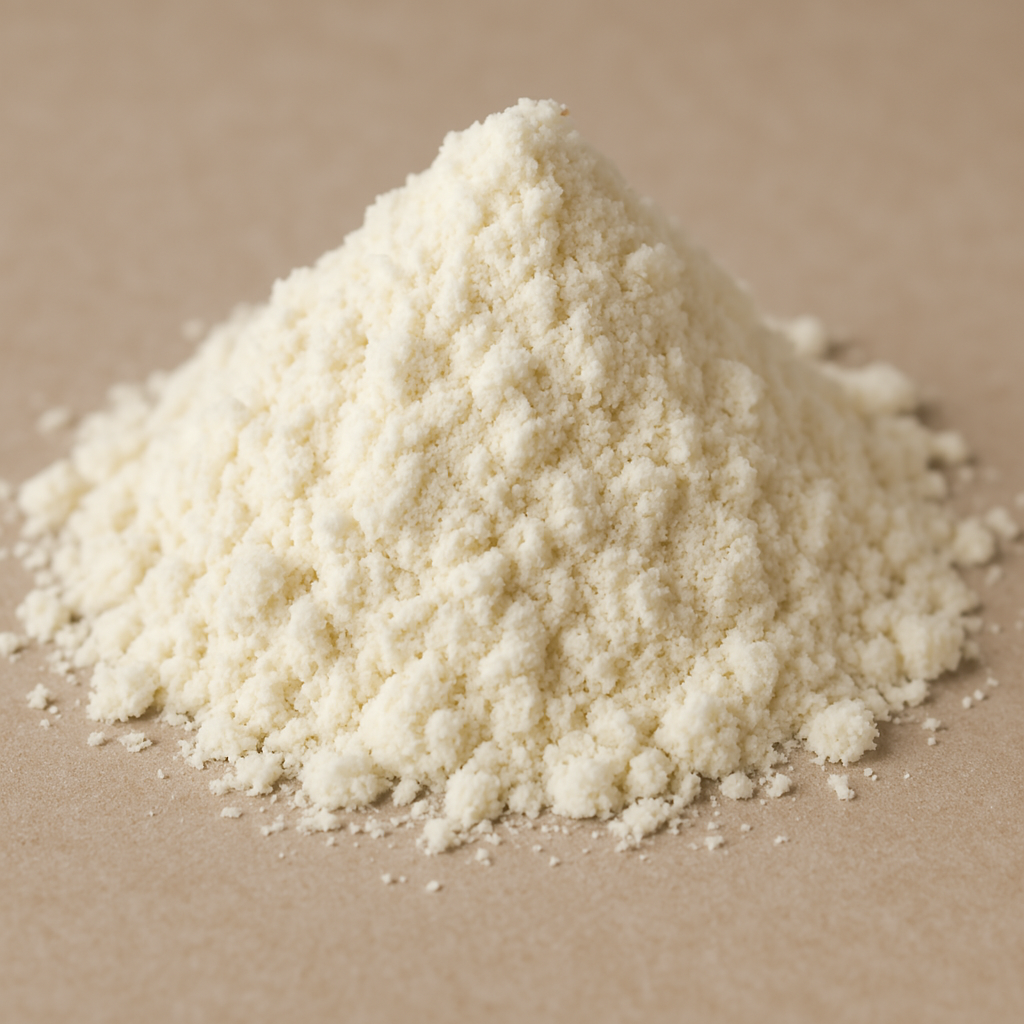
Hemp Protein Side Effects
Let’s be clear—just because it’s natural doesn’t mean it’s flawless. If you’re adding it to your daily stack, you need to understand the full picture of hemp protein powder benefits and risks. While the nutritional upsides are huge—complete protein, fiber-rich, and loaded with healthy fats—there are a few things to watch for.
Common hemp protein powder side effects can include bloating, gas, or digestive discomfort, especially if you’re not used to high-fiber foods. These hemp powder side effects aren’t dangerous, but they can be annoying if you dive in too fast or take too much at once.
Bottom line: hemp protein is a powerhouse, no doubt—but knowing the benefits and risks of Hemp protein upfront lets you use it smart, not blindly.
Side Effects Of Whey
Let’s not sugarcoat it—whey protein might be one of the most trusted supplements in fitness, but that doesn’t mean it’s risk-free. If you’re using it daily, you have to understand the whey protein side effects that come with long-term or heavy use.
While it’s praised for recovery and muscle growth, some people experience bloating, acne, or digestive issues—especially those sensitive to lactose. These are some of the more common negative effects of whey protein that go overlooked in flashy marketing.
The key here is balance. Whey protein works—but knowing the possible downsides keeps your health in check while maximizing your results.

The difference Between Hemp Protein vs Whey Protein
If you’re fueling your body without knowing the difference between hemp protein and whey protein, you might be missing out on what actually suits your goals.
In the battle of hemp vs whey protein, whey takes the lead when it comes to rapid absorption and muscle repair—ideal for post-workout recovery. It’s rich in BCAAs and designed for speed and performance.
But don’t sleep on hemp. While slower to digest, hemp protein brings an edge with its all-natural, plant-based profile—loaded with fiber, omega-3s, and essential minerals. It’s a cleaner option, especially for those who want a dairy-free, whole-food approach.
So if you’re comparing hemp vs whey protein, ask yourself: are you training for performance, recovery, or overall wellness? The answer lies in that difference between hemp protein and whey protein—and making the smart call for your body’s needs.
Key Difference
- Whey protein: Fast-digesting, high in BCAAs, ideal for post-workout recovery
- Hemp protein: Plant-based, rich in fiber and omega-3s, supports overall wellness

Best Hemp Protein Powder Of 2025
Hemplete Organic Hemp Protein Powder – Hemplete
Price around: $ (69.99 for 40 oz) (10 oz $ 19.99)
Ultra-clean, single-ingredient, and 100% organic—Hemplete delivers 21g of pure hemp protein per serving with no added junk. It’s rich in fiber, omega fats, and all nine essential amino acids.
If you’re wondering hemp protein is it good for you?—this one answers with results. Perfect for plant-based athletes, clean eaters, or anyone needing easy-to-digest, real nutrition.
PRODUCT HIGHLIGHTS
- Single-ingredient organic hemp protein
- 21g protein per serving
- Cold-pressed & minimally processed
- Rich in fiber and healthy fats
- No additives, flavors, or sweeteners
- Safety-checked for heavy metals
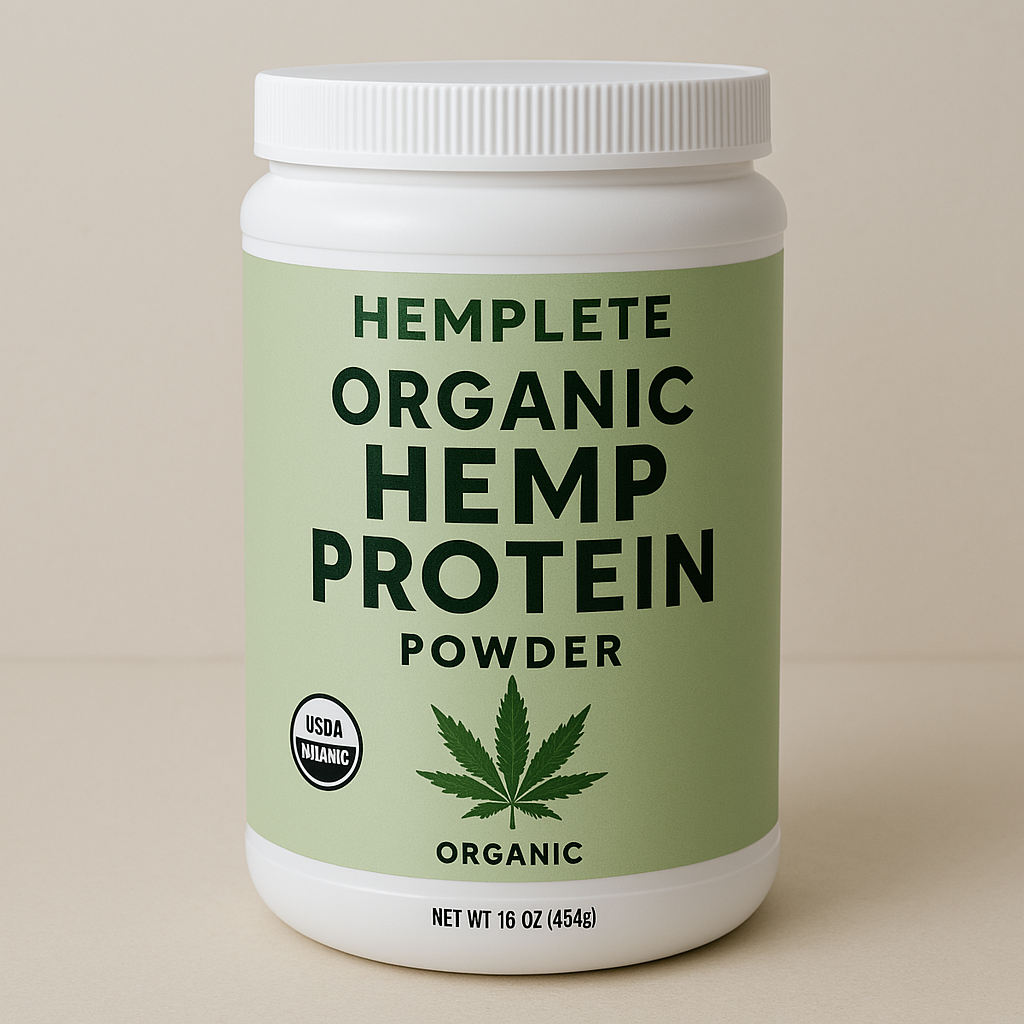
Pros & Cons
- Pros
- ✅ Clean, whole-food formula
- ✅ Great for sensitive digestion
- ✅ High protein-to-ingredient ratio
- ✅ Perfect for plant-based diets
- Cons
- ❌ Natural taste may not suit everyone
- ❌ Limited flavor options
- ❌ Premium price point
Birdman Falcon Vegan Protein – Birdman
Price around: 1200g (Vanilla or Chocolate) $59.99 — 600g $34.99
Falcon by Birdman is a high-performance vegan protein blend delivering 24g of complete protein per serving, sourced from organic hemp, quinoa, amaranth, pumpkin, chia, and brown rice. What makes it truly unique is its addition of digestive enzymes and probiotics, supporting gut health and better nutrient absorption—without any soy, dairy, gluten, or added sugar.
It’s clean, functional, and formulated for serious performance. Ideal for plant-based athletes, active individuals, or anyone wanting a nutrient-dense, easy-to-digest protein that fuels recovery and strength—without the junk.
PRODUCT HIGHLIGHTS
- 24g complete plant-based protein per serving
- Includes hemp, quinoa, amaranth, chia, pumpkin, & brown rice
- Enhanced with probiotics & digestive enzymes
- Soy-free, dairy-free, and sugar-free formula
- Organic ingredients with full amino acid profile
- Eco-friendly & sustainable sourcing
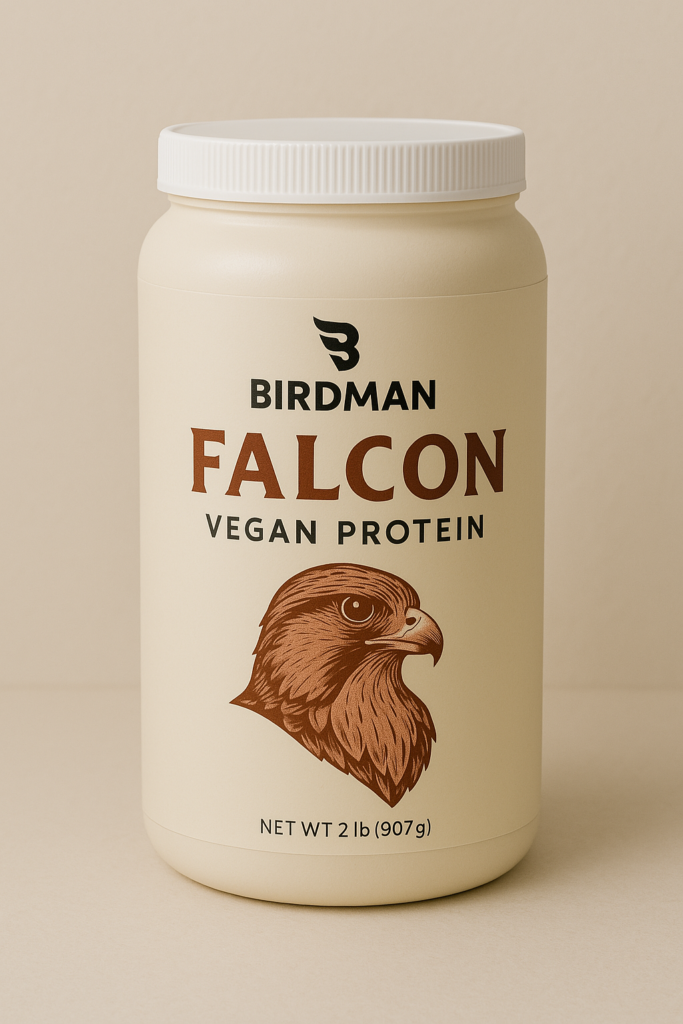
Pros & Cons
- Pros
- ✅ Diverse superfood protein blend
- ✅ Easy to digest with enzyme support
- ✅ High in BCAAs for muscle recovery
- ✅ Great for strict vegan and clean-eating lifestyles
- Cons
- ❌ Natural flavor may not suit all taste buds
- ❌ Slightly gritty in plain water
- ❌ Higher price point compared to basic blends
Sunwarrior Warrior Blend + Greens – Sunwarrior
Price around: 750g (Vanilla or Unflavored) $52.97
Warrior Blend + Greens by Sunwarrior combines pea, goji berry, and hemp proteins to deliver a potent plant-based protein source. Enhanced with nutrient-dense greens, this blend offers a comprehensive nutritional profile. It’s soy-free, gluten-free, and dairy-free, catering to those with dietary restrictions. This protein powder is ideal for athletes, fitness enthusiasts, and health-conscious individuals seeking a clean, plant-based protein with added greens for overall wellness.
PRODUCT HIGHLIGHTS
- Blend of pea, hemp, and goji protein
- Infused with organic greens (kale, spinach, spirulina)
- Keto-friendly and low carb
- Naturally rich in BCAAs
- Free from soy, dairy, and gluten
- No added sugars or artificial ingredients
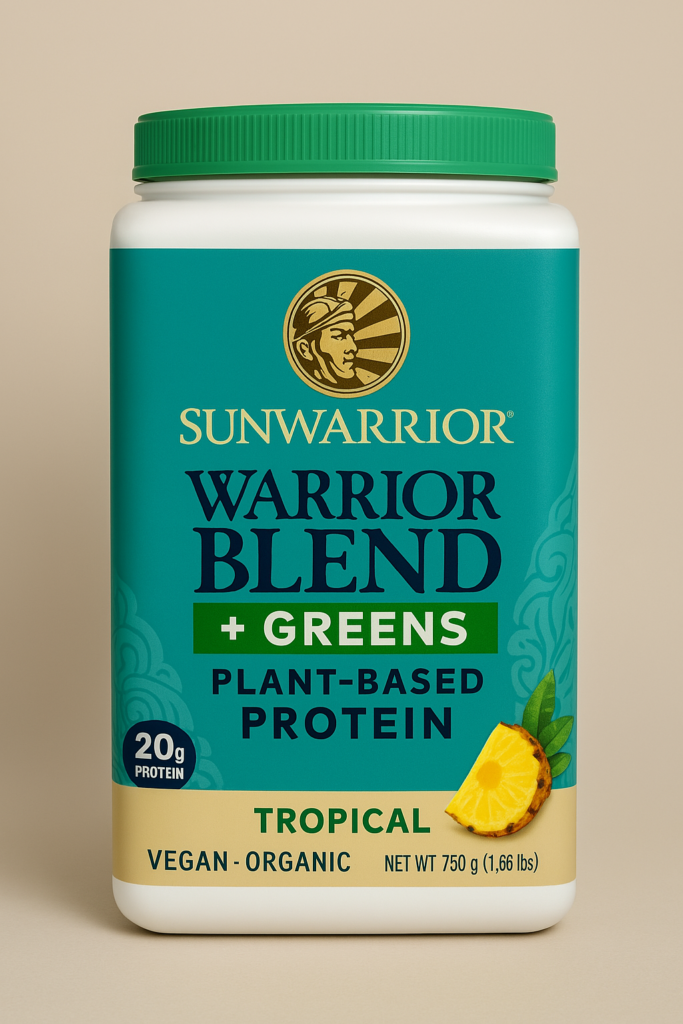
Pros & Cons
- Pros
✅ Complete plant-based protein with added greens
✅ Supports energy, immunity, and recovery
✅ Smooth texture and easy to mix
✅ Clean label with organic ingredients
- Cons
❌ Earthy taste may not suit everyone
❌ Slightly lower protein per serving than pure isolates
❌ Premium price for blend with greens
Garden of Eden Superfood CBD Protein – The Brothers Apothecary
Price around: 20oz (567g) $44.99
Garden of Eden is a premium plant-based protein powder combining hemp and pea proteins with over 10 organic superfoods and herbs, including spirulina, moringa leaf, and wheatgrass. Each serving delivers more protein than whey and incorporates 20–30 mg of full-spectrum CBD, supporting muscle recovery and overall wellness. This blend is ideal for athletes, health enthusiasts, and individuals seeking a nutrient-dense, easy-to-digest protein supplement.
PRODUCT HIGHLIGHTS
- Infused with 20–30mg full-spectrum CBD
- Blend of pea & hemp protein with 10+ superfoods
- Includes spirulina, moringa, wheatgrass, and more
- Organic, small-batch crafted in the USA
- Naturally flavored with herbs & botanicals
- Designed for recovery, stress support & nourishment

Pros & Cons
- Pros
- ✅ Unique combo of protein + full-spectrum CBD
- ✅ Superfood-rich for total body wellness
- ✅ Clean, vegan, and naturally formulated
- ✅ Great for recovery and calm focus
- Cons
- ❌ Earthy taste may not suit all palates
- ❌ Premium price tag
- ❌ Not ideal for those avoiding CBD
Premium Jane Hemp Protein Powder Blend – Triple Plant Power
($96.00 – One item) ($172.80 – Two items), save 10%
Premium Jane’s Hemp Protein Blend is a clean, high-performance plant-based formula made for those who want more from their protein. It combines hemp, pea, and rice protein to deliver over 20g of complete protein per serving, naturally rich in amino acids that support muscle repair, energy, and recovery.
What sets it apart? It’s packed with organic cacao, acai, lucuma, vanilla, and monk fruit, giving it a delicious Chocolate Vanilla taste—without any sugar, grains, soy, or artificial junk. It’s 100% vegan, non-GMO, and crafted for clean eaters, athletes, and plant-based lifters who care just as much about ingredient quality as they do results. Recomended for: Active individuals who want premium plant protein, a clean label.
PRODUCT HIGHLIGHTS
• Triple plant blend: hemp, pea & rice protein
• Over 20g complete plant-based protein per serving
• Infused with organic cacao, acai, lucuma & monk fruit
• Naturally flavored – no sugar, grains, or soy
• 100% vegan, non-GMO & clean-label certified
• Chocolate Vanilla flavor crafted for daily enjoyment
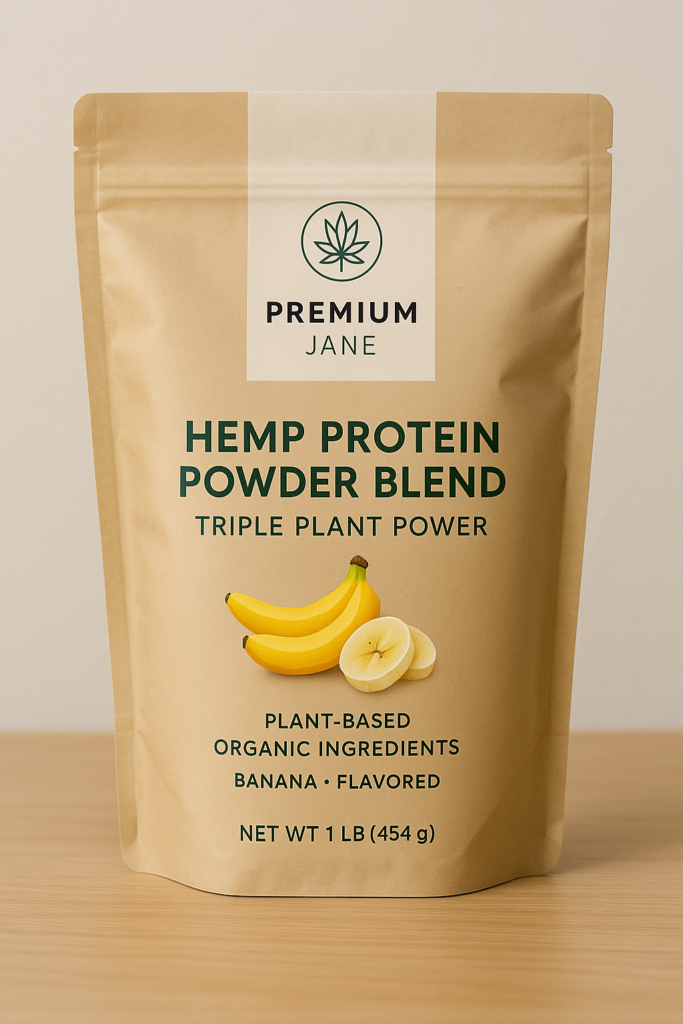
Pros & Cons
- Pros
✅ Unique blend of three premium plant proteins
✅ Delicious flavor with no added sugar or fillers
✅ Ideal for clean eaters, vegans & daily use
✅ Includes functional superfoods for added nutrition
- Cons
❌ Higher price point than standard hemp proteins
❌ Only one flavor currently available
❌ Not suitable for those needing unflavored options
Best Whey Protein for Muscle Building 2025
Gnarly Nutrition – Gnarly Whey Protein
Price around: 2.0 lb (913g) $62.95
Gnarly Whey is a grass-fed whey concentrate built for serious performance and recovery. Each serving packs 25g of protein along with prebiotics, probiotics, MCT oil, and digestive enzymes, making it far more than your average protein powder. It’s NSF Certified for Sport, sourced from hormone-free, pasture-raised cows, and designed to support lean muscle growth, gut health, and clean energy without any artificial ingredients.
What makes it unique? It’s a true all-in-one recovery formula—protein, gut support, and clean fuel in one shake.
Recomended for Athletes, lifters, and outdoor enthusiasts who want premium-quality whey that covers both performance and wellness. If you’re building muscle and care about what goes into your body, this one delivers.
PRODUCT HIGHLIGHTS
- 25g grass-fed whey protein per serving
- Includes probiotics, prebiotics & MCT oil
- NSF Certified for Sport
- Cold-processed, non-denatured whey
- Sourced from hormone-free, pasture-raised cows
- Naturally flavored with no artificial additives
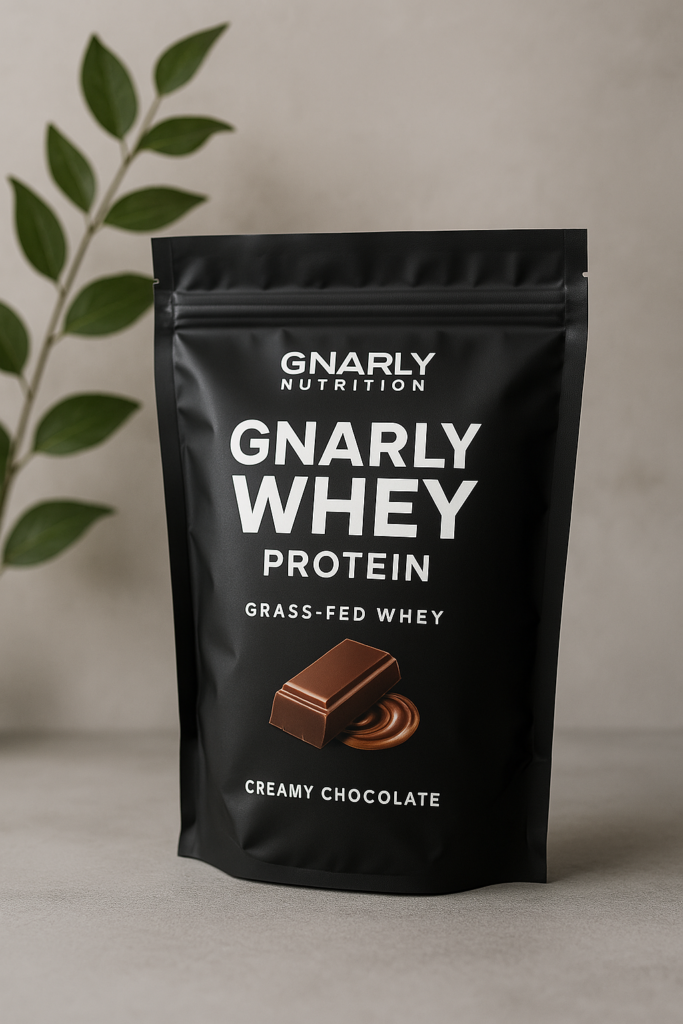
Pros & Cons
- Pros
- ✅ All-in-one formula for muscle + gut support
- ✅ Clean, grass-fed whey source
- ✅ Easy to digest with added enzymes
- ✅ Trusted certification for athletes
- Cons
- ❌ Higher price than standard whey
- ❌ Limited flavor variety
- ❌ Not suitable for lactose-intolerant users
MuscleTech – Nitro-Tech Whey Protein
Price around: 4 lb (1.81 kg) $64.99 Subscribe & Save: $58.49 (10% off)
Nitro-Tech by MuscleTech is a premium whey protein blend designed for athletes aiming to build lean muscle mass and enhance recovery. Each serving delivers 30g of high-quality whey protein, including whey peptides and isolate, along with 3g of creatine to support strength gains. The formula is enriched with 6.8g of BCAAs and 5g of glutamine and precursor, promoting muscle growth and recovery. Its rapid absorption rate makes it ideal for post-workout nutrition. Best suited for serious fitness enthusiasts seeking a scientifically backed protein supplement to support their training goals.
PRODUCT HIGHLIGHTS
- Designed for lean muscle building
- 30g protein per serving with added creatine
- Includes 6.8g BCAAs and 5g glutamine
- Blend of whey peptides, isolate, and concentrate
- Clinically backed for muscle & strength gains
- Fast-absorbing post-workout formula
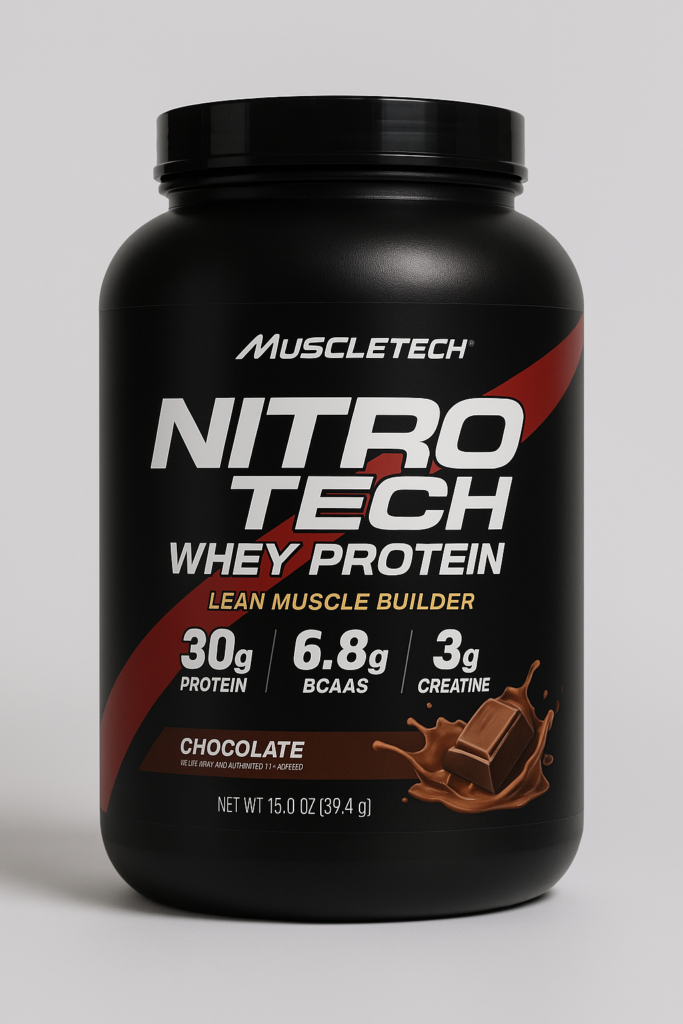
Pros & Cons
- Pros
- ✅ High protein dose with creatine included
- ✅ Supports muscle growth and faster recovery
- ✅ Trusted brand with research-backed formula
- ✅ Great taste and mixes well
- Cons
- ❌ Contains artificial sweeteners
- ❌ Not ideal for low-creatine diets
- ❌ May cause mild bloating for sensitive users
GNC AMP – Wheybolic
Price: 3 lb – $69.99 (25 servings)
GNC AMP Wheybolic is a high-performance whey protein powder designed to support muscle strength, size, and recovery. Each serving provides 40g of fast-digesting whey protein isolate and hydrolysate, along with 15g of essential amino acids (EAAs), 6.2g of leucine, and 500mg of Velositol®, a patented ingredient aimed at enhancing muscle protein synthesis.
The formula also includes digestive enzymes to aid in protein digestion and absorption. Available in various flavors, it’s suitable for athletes and fitness enthusiasts seeking a comprehensive protein supplement to support their training goals.
PRODUCT HIGHLIGHTS
• 40g protein per 2-scoop serving
• Packed with 500mg Velositol® for amplified protein synthesis
• 15g EAAs and 6.2g leucine per serving
• Includes lactase and bromelain enzymes for digestion
• Third-party tested (Informed Choice Certified)
• Clinically shown to increase muscle strength & size by up to 30% in 8 weeks
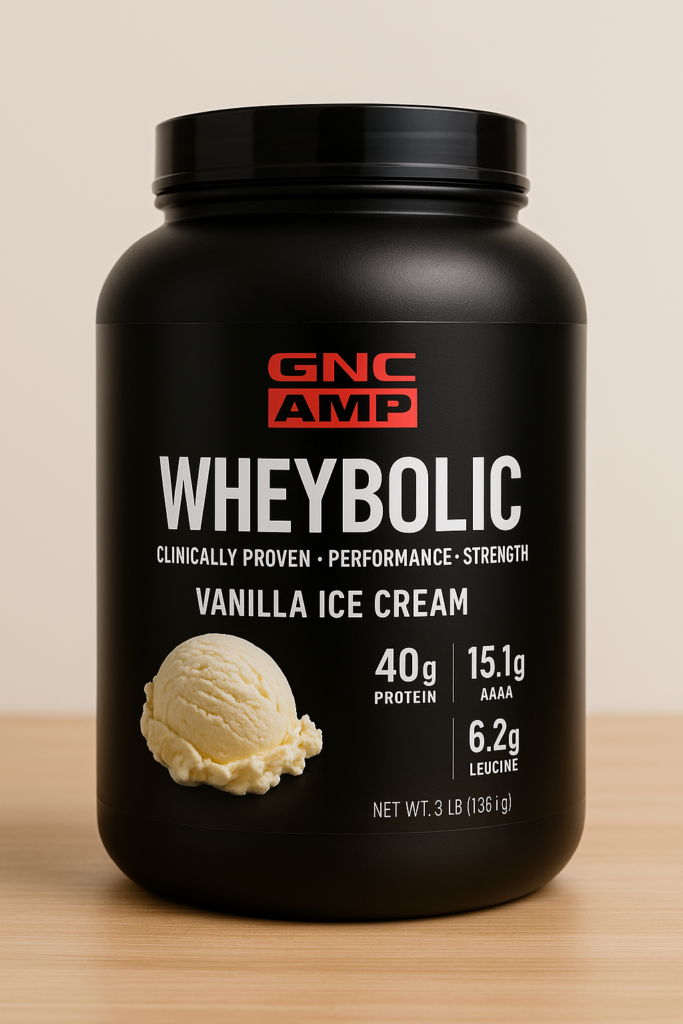
Pros & Cons
- Pros
- ✅ Extremely high protein and EAA content
- ✅ Supports faster muscle recovery and growth
- ✅ Includes digestive enzymes for smoother absorption
- ✅ Clinically backed and third-party tested
- ✅ Great for intense training and performance goals
- Cons
- ❌ Higher price point than most whey proteins
- ❌ Contains artificial sweeteners
- ❌ Not suitable for strict dairy-free diets
Natural Force – Organic Grass-Fed Whey
Price around: 1 lb (16 oz) $37.99 (on sale)
Natural Force Organic Grass-Fed Whey is a premium protein powder crafted from the milk of pasture-raised Jersey cows on California family farms. Each serving delivers 20g of complete protein, rich in essential amino acids and bioactive peptides, supporting muscle growth and recovery.
The product is USDA Organic, Non-GMO Project Verified, and certified Paleo and Keto friendly. It undergoes third-party lab testing to ensure purity and is free from hormones, antibiotics, gluten, and soy. it’s ideal for health-conscious individuals seeking a clean, high-quality protein source.
PRODUCT HIGHLIGHTS
• Sourced from pasture-raised Jersey cows on U.S. family farms
• USDA Organic, Non-GMO, Keto & Paleo certified
• Third-party lab tested for purity & heavy metals
• 20g clean protein with bioactive peptides per serving
• No soy, gluten, hormones, or artificial ingredients
• Naturally flavored with real organic vanilla or cacao
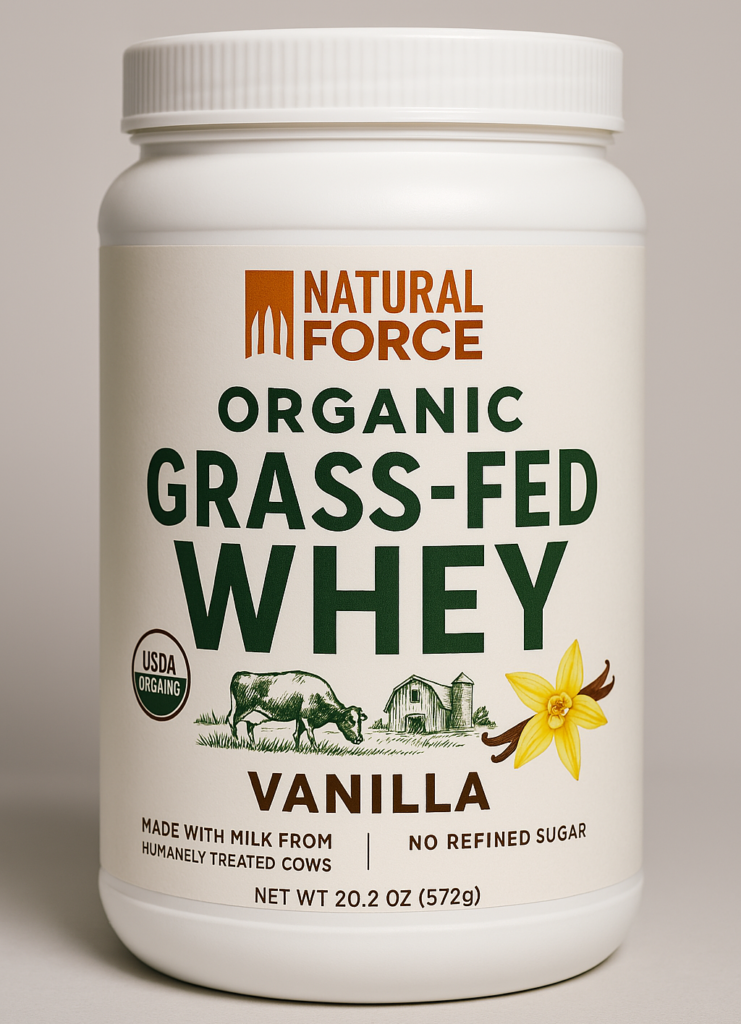
Pros & Cons
- Pros
- ✅ Premium organic sourcing & transparent supply chain
- ✅ Lab-tested for quality, purity, and safety
- ✅ Gentle on digestion with no fillers or additives
- ✅ Clean protein ideal for daily use & lean muscle
- Cons
- ❌ Higher price point due to organic standards
- ❌ Lower protein per serving vs some blends
- ❌ Not ideal for those needing flavorless options (unless unflavored version chosen)
Ascent Native Fuel Micellar Whey Protein – Ascent Protein
Price: 2 lb $44.99 / 4 lb $74.99
Not your typical protein—Ascent’s Micellar Whey is made with ultra-pure native whey, sourced straight from Grade A milk (not cheese byproducts). It’s packed with 25g of protein, a full spectrum of essential amino acids, and naturally high in leucine for real muscle repair.
This formula contains zero artificial ingredients, no added sugar, and is Informed-Sport certified for banned-substance testing. Thanks to its micellar structure, it digests slower—perfect for overnight recovery or long stretches between meals.
Best for: Competitive athletes, serious lifters, and clean eaters who want ultra-premium whey protein with unmatched purity and lasting recovery support.
PRODUCT HIGHLIGHTS
• Made with native whey sourced directly from Grade A milk
• 25g slow-digesting protein per serving
• Naturally high in leucine & EAAs for muscle repair
• Micellar structure supports extended recovery
• Zero artificial ingredients or added sugar
• Informed-Sport certified for banned substance testing
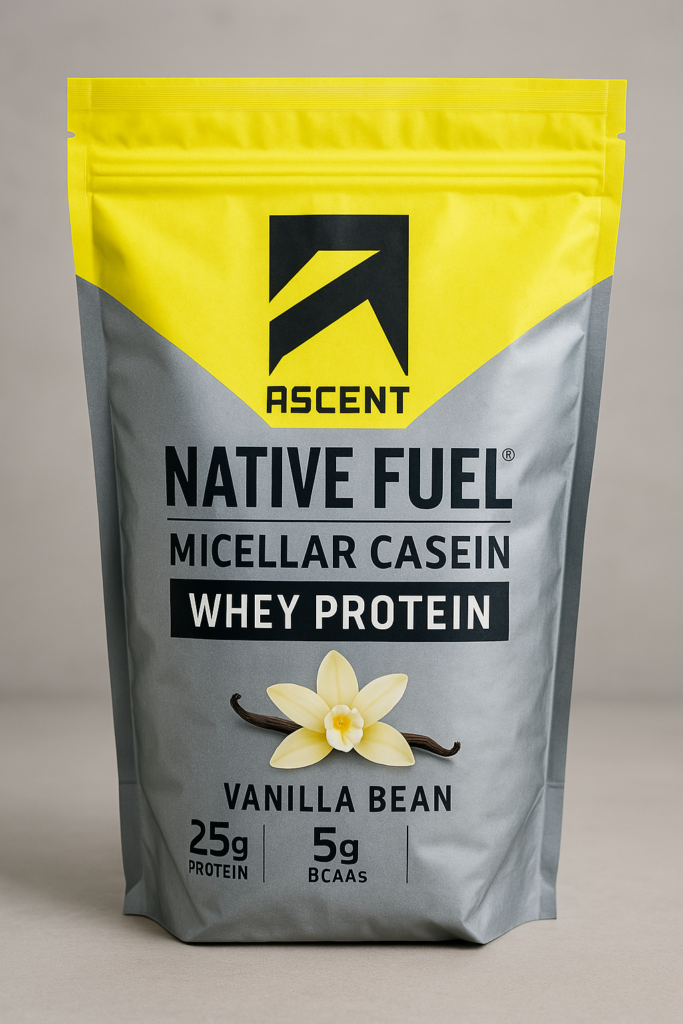
Pros & Cons
- Pros
- ✅ Ultra-clean, native whey for superior purity
- ✅ Supports long-lasting muscle recovery
- ✅ Gentle on digestion, no artificial additives
- ✅ Trusted by athletes, Informed-Sport certified
- Cons
- ❌ Slightly higher price than standard whey
- ❌ Slower digestion not ideal for post-workout rush
- ❌ Limited flavor options compared to mainstream brands
Conclusion
At Nutrition Ports, we don’t chase trends—we back quality. In this full review of hemp protein vs whey protein, one thing’s clear: both have serious value, depending on your goals.
Go for hemp protein if you want plant-based nutrition, fiber, and the full benefit of hemp powder in a clean, allergen-friendly profile. Choose whey protein when you’re focused on strength, recovery, and proven benefits of whey protein—especially right after your workout.
And if you’re wondering, how often should I drink protein shakes? One to two times a day is ideal for most. It’s all about consistency.
And because we believe in quality over hype, every product we’ve featured here is hand-picked, often lab tested, and backed by transparent brands that don’t cut corners. Quality comes with a price—but if you care about results, it’s worth every cent.
If you truly feel that one of these carefully selected products fits your goals, just know it’s not about pushing the most expensive option—it’s about choosing ingredients that actually support your health, performance, and recovery. That’s why we focus on unique formulas, trusted labels, and clean sourcing—so you don’t have to second guess what you’re putting in your body.
Transparency & Disclosure
Please note: I am not affiliated with any brands mentioned in this article, and I do not earn any commissions. There are no affiliate links included in this content.
The product images and labels featured are AI-generated visual representations, created solely to support and enhance the information shared. These are not official brand assets and are not used for promotional or commercial purposes.
My focus is on providing honest, informative content — not sales.
Our Top Pick’s for Premium Quality Protein
Best Whey for Muscle Growth
GNC AMP Wheybolic – Delivers 40g of fast-absorbing protein per serving, enhanced with Velositol® and digestive enzymes, clinically shown to boost muscle strength and size by 30%
Best Clean Plant-Based Protein
Premium Jane Hemp Protein Blend – Combines hemp, pea, and rice proteins for 20g of complete vegan protein, free from artificial additives and sweetened naturally with monk fruit
Best Overall Quality
Natural Force Organic Grass-Fed Whey – Sourced from grass-fed cows, this whey protein is USDA organic and lab-tested, offering a clean and transparent protein option.
Best for Long-Lasting Recovery
Ascent Native Fuel Micellar Whey – Features slow-digesting native whey protein, providing sustained amino acid release ideal for overnight recovery or extended periods between meals.
Best Wellness-Focused Hemp Blend
Garden of Eden CBD Protein – A unique blend of hemp protein, adaptogens, and CBD, designed to support overall wellness and balance.
FAQs Hemp Protein vs Whey Protein
What Is Whey Protein Made Of?
Whey protein is made from milk during cheese-making. The leftover liquid is filtered and dried, leaving a protein-rich powder full of essential amino acids.
How to Take Whey Protein Powder?
Mix 1 scoop of whey protein with water or milk and drink it right after your workout. You can also take it in the morning or between meals—whatever fits your routine. Just stay consistent
What Does Hemp Protein Taste Like?
Hemp protein has a natural, earthy taste—slightly nutty and a bit grassy. It’s not sweet, but blends well in smoothies with fruits or nut butter.
What is Hemp Protein Good For?
Hemp protein is great for building lean muscle, boosting fiber intake, and supporting digestion. It’s also packed with healthy fats and essential amino acids—perfect for plant-based nutrition.

